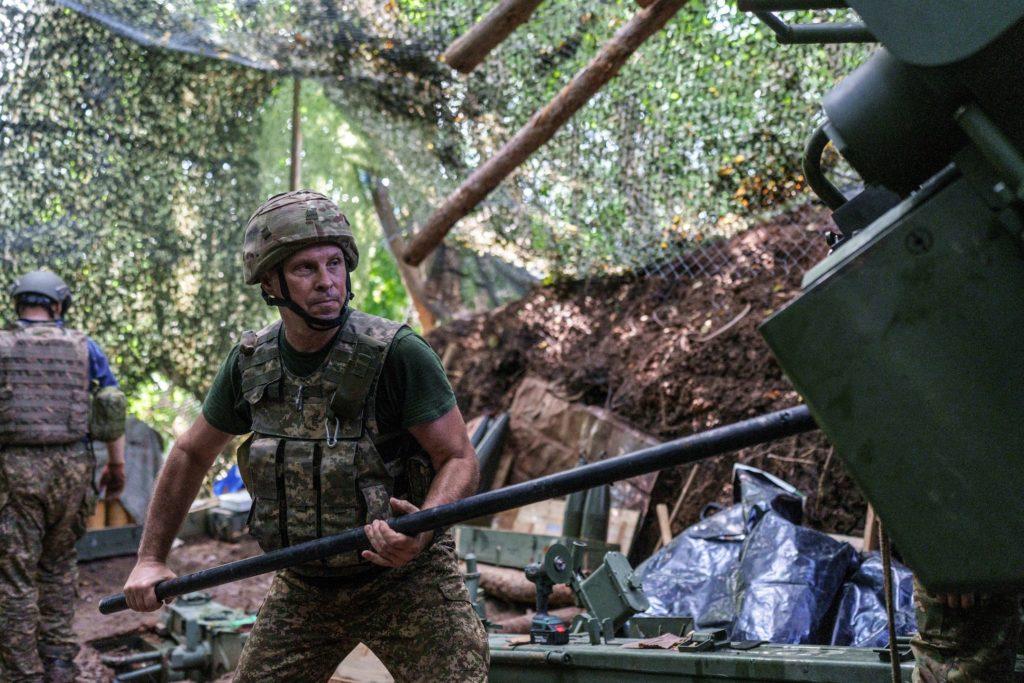The ongoing conflict in Ukraine is set to redefine the global geopolitical and economic landscape, according to a recent analysis by the Financial Times. As the war intensifies, its repercussions extend far beyond the battleground, influencing international alliances, energy markets, and economic stability worldwide. This article examines how the Ukraine war is not only reshaping regional dynamics but also causing ripple effects that will shape the contours of the 21st century world order.
Geopolitical Realignments Emerging from the Ukraine Conflict
The ongoing conflict in Ukraine is accelerating a profound shift in global alliances and power structures. Traditional partnerships are being tested as nations recalibrate their foreign policies to respond to the evolving security landscape. Notably, NATO’s increased cohesion reflects a renewed commitment to collective defense, while countries previously neutral or non-aligned are reconsidering their positions amid growing pressures. At the same time, emerging powers are seizing opportunities to expand their influence, fostering new blocs that challenge the existing world order.
- Economic alliances are being redefined as countries impose sanctions and seek alternative trade partners.
- Military collaborations are intensifying among Western countries and their allies, emphasizing advanced technology sharing.
- Diplomatic engagements are shifting towards mediation efforts by neutral states aiming to ease tensions.
| Region | New Alignments | Impact | ||||||||||||||||||||||||||
|---|---|---|---|---|---|---|---|---|---|---|---|---|---|---|---|---|---|---|---|---|---|---|---|---|---|---|---|---|
| Europe | Strengthened NATO unity | Heightened military readiness | ||||||||||||||||||||||||||
| Asia | Closer China-Russia ties | Strategic counterbalance to the West | ||||||||||||||||||||||||||
| Middle East | Economic Consequences for Global Energy Markets and Supply Chains
The ongoing conflict has disrupted traditional energy trade routes, forcing nations to recalibrate their supply strategies amidst soaring prices and dwindling reserves. European countries, heavily reliant on Russian natural gas, are accelerating diversification efforts, turning to liquefied natural gas (LNG) suppliers in the U.S. and Qatar, while also boosting investments in renewables. This realignment triggers volatility in global markets, with energy exporters outside Russia seizing newfound leverage, yet grappling with the challenge of ramping up production swiftly. Additionally, the war acts as a catalyst for inflationary pressures worldwide, intensifying the cost of industrial operations and pushing consumer energy bills to unprecedented heights.
The global energy supply chain’s fragility has been laid bare, compelling stakeholders to rethink logistics and sourcing models. Maritime chokepoints, once considered low-risk, now face heightened scrutiny as sanctions and geopolitical tensions disrupt conventional shipping lanes. The increased reliance on multi-modal supply chains complicates inventory management for refineries and utilities, directly affecting turnaround times and upgrade schedules. Moreover, the realignment of energy flows impacts emerging economies disproportionately, as price spikes constrain growth and deepen energy poverty. International financial institutions have responded by increasing funding for diversification projects, especially in Africa and Southeast Asia, aiming to cushion the blow and foster sustainable alternatives. This shift, while challenging in the short term, may redefine energy market dynamics for decades to come. Strategic Policy Recommendations for Western Governments and AlliesWestern governments and their allies must prioritize a multifaceted approach that balances immediate security concerns with long-term geopolitical stability. Central to this is enhancing military support for Ukraine while simultaneously engaging in robust diplomatic efforts to deter further aggression. Investment in intelligence-sharing frameworks and cyber-defense systems is crucial to counter hybrid warfare tactics that have become a hallmark of the conflict. Additionally, economic sanctions should be strategically targeted to pressure key sectors of the Russian economy without triggering unintended global market instability. Equally important is strengthening energy independence across Europe and its partners. Transitioning to diversified renewable energy sources will not only reduce reliance on Russian fossil fuels but also align with broader climate goals. Policymakers should also consider bolstering humanitarian aid and refugee support mechanisms to address the ongoing human impact of the war. Key policy actions include:
Wrapping UpAs the conflict in Ukraine continues to unfold, its ramifications extend far beyond the battlefield, influencing geopolitical alliances, global markets, and the international order. The enduring impact of this war will not only reshape regional dynamics but also redefine the strategic calculations of nations worldwide. In a rapidly changing global landscape, understanding the consequences of the Ukraine war is essential for policymakers, businesses, and citizens alike-as its reverberations are set to shape the world for years to come. |
